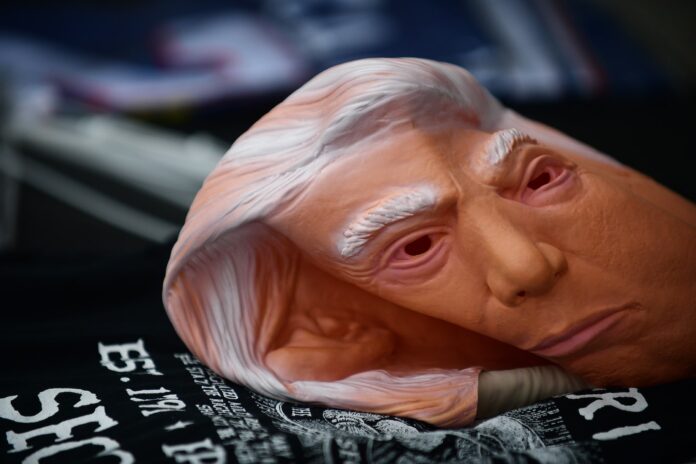Key Falsehoods or Claims:
The article discusses how Trump continues to perpetuate the lie that he did not lose the 2020 presidential election to Joe Biden. He has been fixated on pushing this conspiracy theory, despite no evidence of widespread voter fraud. Additionally, the article addresses Trump’s false claims about the use of the “autopen” to sign legislation, which has been used by several presidents before him.
Source:
Salon is known for its progressive, liberal-leaning editorial stance, and it often publishes content that is critical of conservative politicians like Donald Trump. While the information presented in the article may be factually accurate, readers should be aware of the potential for bias in its coverage.
Analysis of Impact:
The perpetuation of these falsehoods by Trump has shaped public opinion, leading to a significant portion of his supporters believing in the baseless claims of election fraud. This poses a threat to our democracy by undermining trust in the electoral process and sowing division among the electorate. Polling data has shown that a substantial number of Republican voters continue to question the legitimacy of the 2020 election, largely due to Trump’s persistent dissemination of lies and conspiracy theories.
Hypothetical Scenarios:
If Trump’s false claims about the election continue to gain traction, it could potentially lead to a situation where a significant portion of the population rejects the legitimacy of future election results. This could further polarize the political landscape and hinder efforts to unify the country.
Further Reading:
For further reading on the impact of lies and conspiracy theories in politics, reputable sources such as Pew Research Center, FactCheck.org, and Media Bias/Fact Check can provide valuable insights into media influence and misinformation studies. These sources offer a more balanced and evidence-based approach to understanding the effects of misinformation on public opinion and democratic processes.
Source link
Redirect URL
